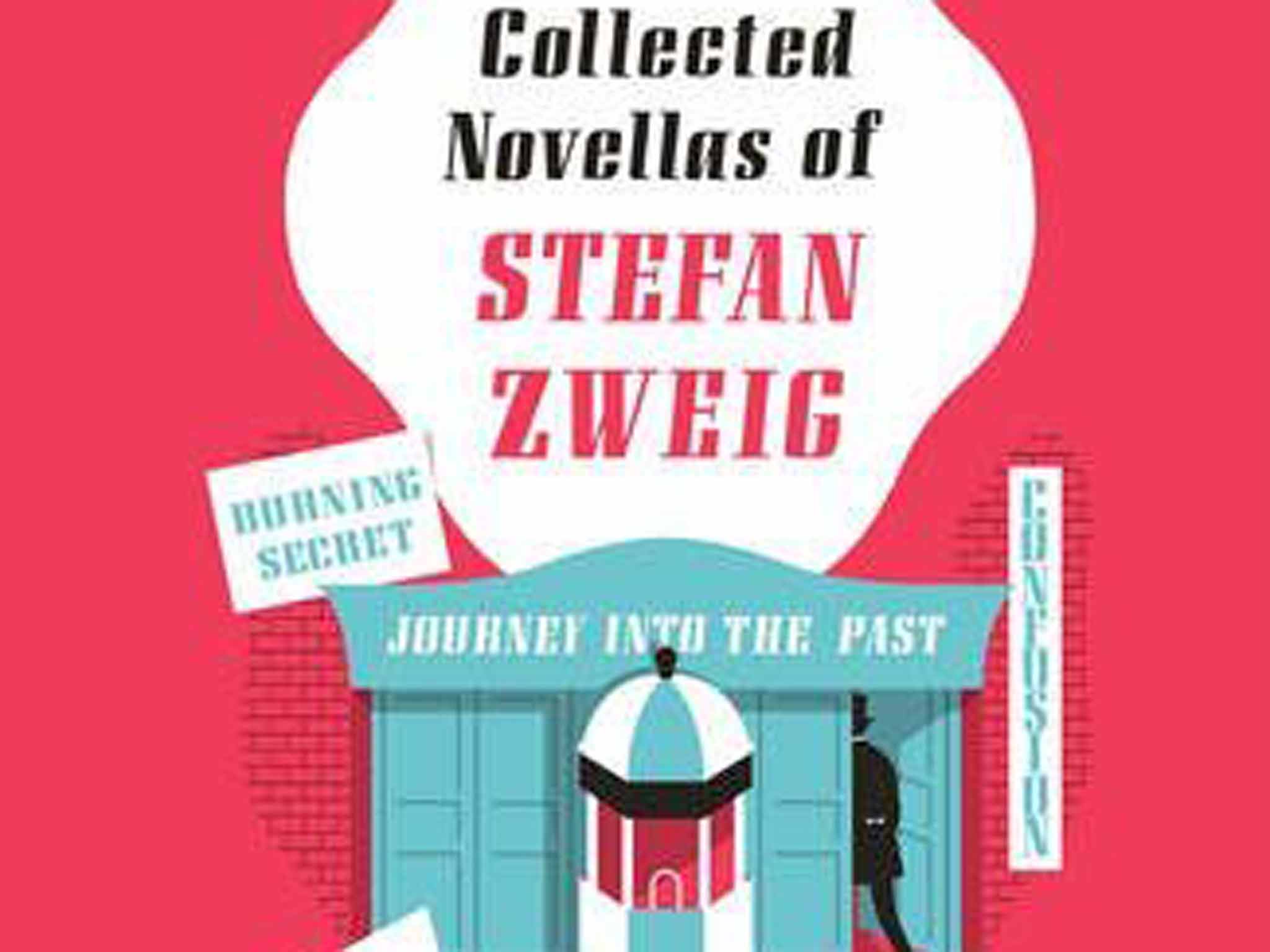The Collected Novellas of Stefan Zweig - book review: A captivating mix of Thomas Mann and Barbara Cartland

Stefan Zweig came rather late for me, somewhere between The Grand Budapest Hotel and this handsome collection of five novellas. I was partly put off by the recent starburst of Zweigmania, which pulled in everyone from Wes Anderson to Salman Rushdie. Rather more intimidating was Michael Hoffman's derision about Zweig's “putrid” prose. This even extended to his suicide note: “one feels the irritable rise of boredom halfway through”.
Early in Burning Secret, I found myself in Hoffman's corner, at least for a while. Written in 1911, it is a little premature for certain kinds of ejaculations, but those of the rhetorical variety go off all over the shop, or in this case the almost inevitably deserted mountain-top hotel. Our hero-in-waiting also rings bells: a louche, down-at-heel Baron prowling for a diverting sexual conquest. Spotting his prey – one of those “rather voluptuous Jewish women just before the age of over-maturity” – the Baron cocks his trigger: “The huntsman in him was aroused. He was intoxicated, excited to have found the right trail so quickly, to feel that the game was close to his gun.”
Gradually, something odd and unexpected happens. Zweig traces an overwrought emotional triangle between the two adults and Edgar, the woman's frail son, only to re-configure the shifting emotional geometry with exacting precision.
Zweig's novellas thrive on secrets and secrecy, on the social and psychological effects of repressed desire: the blackmail melodrama of Fear for example. But they are also a lot of naughty fun. This has a point. For all his grandiose intellectual and political themes, Zweig is not so high-minded to ignore the vulgar lure of romantic and indeed Romantic excess, or the “heated air of passion”, as he puts it.
He generates momentum out of extremes in thought and feeling, the turbulent negotiations between inner and exterior lives, but he is happiest in mixed feelings, in detecting minute alterations in head and heart. The cool, claustrophobic construction of A Chess Story offers respite from the hot emoting, but recognises too that life is not black and white. Set against Hitler's rise to power, Zweig moves his pieces with obsessive detail that Borges, Kafka and Beckett might have admired.
Mostly, he comes across like Thomas Mann remixed by Barbara Cartland. A similar fusion didn't hurt F Scott Fitzgerald, who read lyric poetry and trash with equal ardour. If Zweig is the guiltier pleasure, then I for one am happy not to be innocent.
Pushkin, £16.99. Order for £15.29 (free p&p) from the Independent Bookshop: 08430 600 030
Join our commenting forum
Join thought-provoking conversations, follow other Independent readers and see their replies
Comments
Bookmark popover
Removed from bookmarks